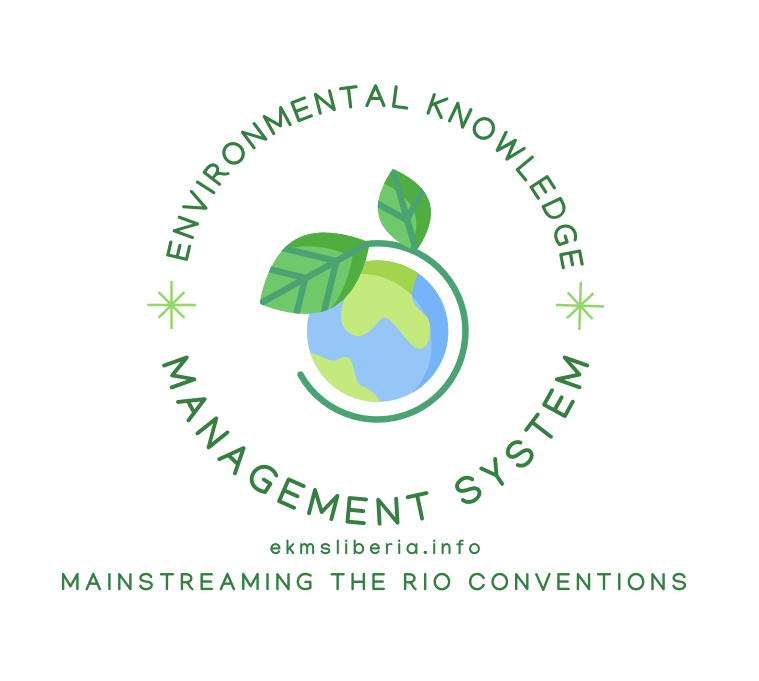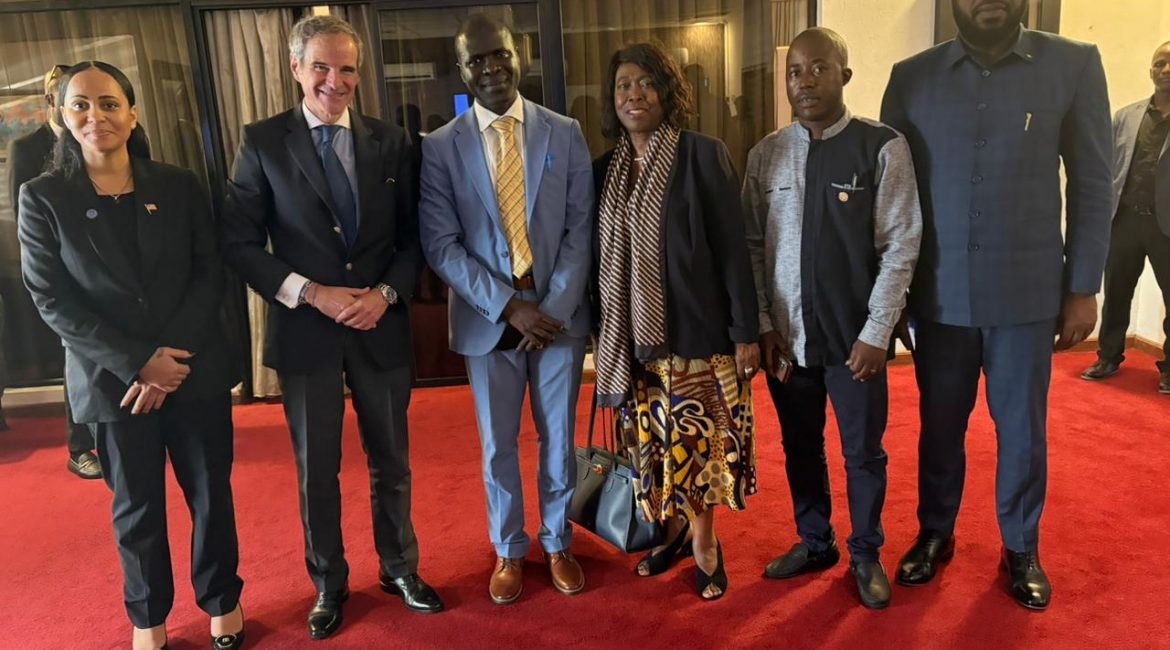MARGIBI COUNTY, Liberia (July 4, 2025) — For the first time in more than 60 years of partnership, the Director General of the International Atomic Energy Agency, Rafael Mariano Grossi, arrived in Liberia Thursday for a two-day visit aimed at strengthening technical cooperation between the country and the U.N. nuclear watchdog.
Grossi was welcomed at Roberts International Airport by senior officials of the Environmental Protection Agency of Liberia (EPA) and other government representatives. His visit underscores the IAEA’s ongoing support for Liberia’s peaceful use of nuclear science, particularly in health, agriculture, energy, water management and environmental protection.
“I’m truly honored to be in Liberia for the very first time,” Grossi told reporters. “Liberia is an important part of our global family at the IAEA. I’m here to help strengthen our partnership and support the country’s goals in healthcare, farming, clean energy and protecting the environment.”
Liberia joined the IAEA in 1962 and has since promoted the peaceful application of nuclear technology. While engagement declined during the civil conflict from 1990 to 2005, the country has renewed its participation in the IAEA’s technical cooperation programs in recent years. In 2018, Liberia signed the Revised Supplementary Agreement, which led to its first Country Programme Framework, covering 2019–2025.
Since then, Liberia has made considerable strides, including the establishment of a Radiation Safety Department at the EPA, the training of national experts, and the formulation of a National Energy Master Plan. A key milestone is the groundwork for Liberia’s first national radiotherapy center to address the country’s rising cancer burden.
“This is not just about equipment,” Grossi said. “It is about saving lives. We want to help Liberia build its first cancer treatment center.”
According to Ministry of Health data, Liberia recorded more than 3,800 new cancer cases in 2024, resulting in nearly 2,700 deaths—a 25% increase compared to 2018. Despite this growing public health challenge, the country lacks a fully equipped radiotherapy facility. A comprehensive proposal for such a center has already been developed, and Grossi’s visit is expected to raise awareness and attract critical funding.
Grossi also emphasized the IAEA’s commitment to human capacity building, with scholarships, fellowships and training programs targeting Liberians—particularly women and youth—in fields including radiological safety, nuclear science and medical physics.
Beyond health, Liberia is benefiting from IAEA-supported agricultural programs. These include the use of mutation breeding and accelerated plant growth techniques to boost rice and vegetable yields, contributing to food security and income generation.
During his visit, Grossi is scheduled to meet with President Joseph Nyuma Boakai to discuss how nuclear science can support the administration’s ARREST Agenda for Inclusive Development. Liberia has submitted its second Country Programme Framework (2026–2030), which prioritizes six areas of cooperation: nuclear safety, food and agriculture, human health, energy, animal health and water resource management.
Under this upcoming framework, Liberia plans to establish an independent nuclear regulatory body, enhance seed production and crop research through the Central Agriculture Research Institute (CARI), and complete its radiotherapy center staffed with trained professionals. Additional priorities include improved national energy planning, early detection of animal diseases, and the application of isotopic techniques to monitor water resources impacted by mining and deforestation.
Grossi’s visit also reflects the IAEA’s recognition of Liberia’s growing commitment to nuclear safety. In recent months, Liberia acceded to six international legal instruments governing emergency response, nuclear material protection, and safety protocols.
The government is also seeking IAEA support to draft and enact a national nuclear law and to establish a fully independent regulatory authority that aligns with international best practices.
“Nuclear science, when used safely and wisely, can be a powerful tool for development,” Grossi said. “Liberia has shown strong commitment, and we are here to walk with the country every step of the way.”






